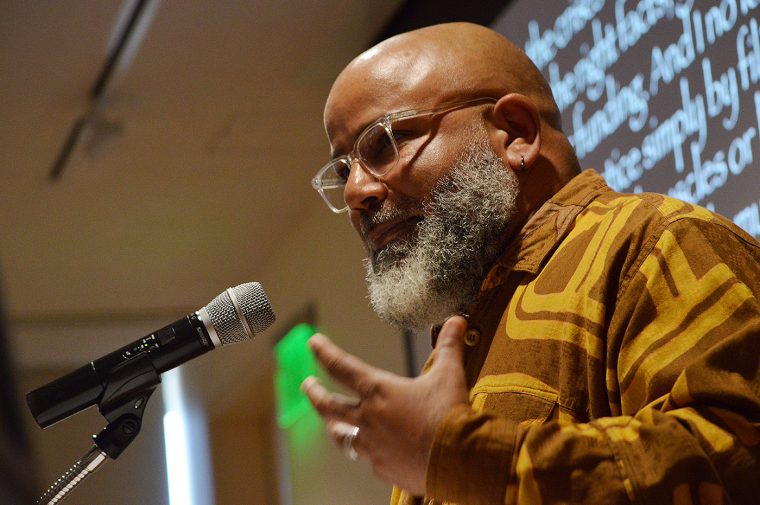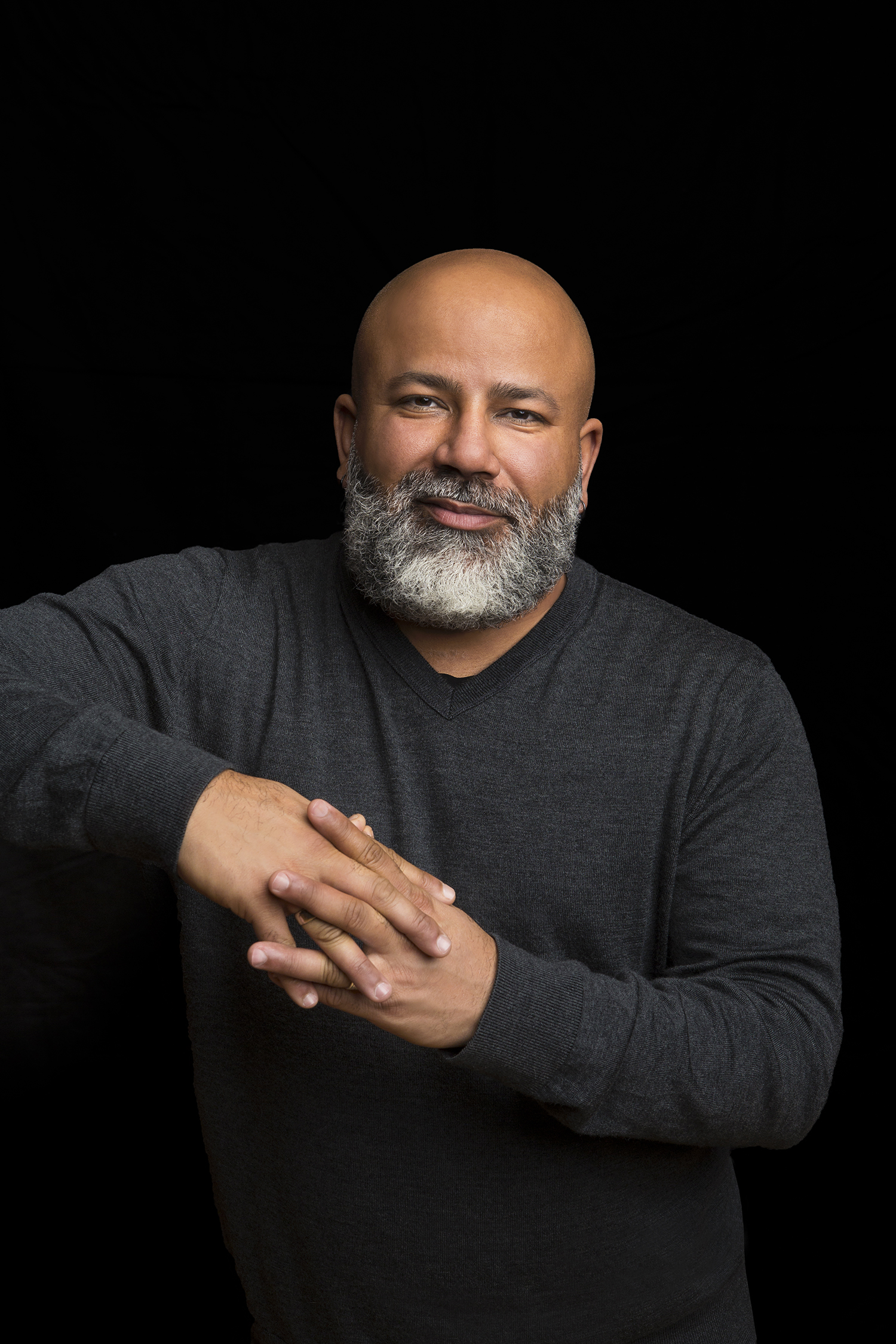Hatch Named Hastings Center Fellow for His Efforts with Health Inequality


For his efforts in creating a public understanding of complex ethical issues in health, health care, science, and technology, Anthony Ryan Hatch has been awarded a Hastings Center Fellowship.
He’s among only 24 new fellows elected this year from six countries and a range of disciplines, including medicine, nursing, philosophy, law, American studies, and theater. The Hastings Center is a nonpartisan, nonprofit organization created from multiple disciplines, including philosophy, law, political science, and education. It’s the oldest, independent, nonpartisan, interdisciplinary research institute in the world.
Hatch, associate professor and chair of the science and society program, teaches, conducts research, and lectures widely on health systems, medical technology, and social inequalities. In 2021, he founded Black Box Labs, a research and training laboratory that introduces students to qualitative research methods through faculty-student-community research collaborations.
“As a sociologist of health inequality, I knew of the Hastings Center Report, which ‘explores the ethical, legal, and social issues in medicine, health care, public health, and the life sciences,” Hatch said. “So I was honored to be recognized [by the Hastings Center] for my contributions to the field alongside so many other outstanding scholars and health professionals.”
Hatch is the author of Silent Cells: The Secret Drugging of Captive America (Minnesota, 2019) and Blood Sugar: Racial Pharmacology and Food Justice in Black America (Minnesota, 2016). He recently appeared in the PBS documentary Blood Sugar Rising. In addition, he’s currently co-leader on the Race, Ethnicity, and Biohumanities theme in the Sydney for Healthy Societies and a member of the Health and Social Equities Hub at King’s College London. Most recently, he was named the 2021-22 Robin W. Williams Distinguished Lecturer for the Eastern Sociological Society and in March 2022, he will deliver a lecture titled “The Data Will Not Save Us: Racial Antimatter and Afropessimism in the COVID Pandemic.”
In addition to leading the Science in Society program at Wesleyan, Hatch also is an associate professor of African American studies, sociology, environmental studies, and the College of the Environment. He serves as the faculty coordinator for the Sustainability and Environmental Justice Pedagogical Initiative and Course Cluster and is involved with the Center for Prison Education and Creative Campus Initiatives. He also serves as the faculty advisor for the student-run Espwesso Cafe and on the executive board of the Administrators and Faculty of Color Alliance.
During the spring semester, Hatch will teach a course on the Sociology of Knowledge and Black Phoenix Rising, an interdisciplinary seminar that features scholarship in critical race science studies, intersectionality, and transnational cultural studies as they inform how a black radical praxis can contribute to the uprising and raising up of black communities.
After learning he received the fellowship, Hatch connected with colleague Lori Gruen, William Griffin Professor of Philosophy, who received a Hastings Center Fellowship in 2014. Gruen and Hatch are the only two Wesleyan faculty to receive the fellowship.
“I have already learned of the Center’s many activities and I look forward to listening in on and contributing to the conversations on bioethics, social medicine, and health injustice that take place among its fellows, especially with scholars whose work I greatly respect like Alondra Nelson, Keith Wailoo, and Jenny Reardon,” Hatch said. “I’m also eager to find ways to connect Wesleyan students to the conversations and opportunities that open up through this honor.”

